Research-tandem: an incredible opportunity of international mobility to improve students’ research skills 
The project, coordinated by professor Luca Tateo, introduces an innovative multilateral way of interpreting international students’ mobility. Partner universities are India, Brazil and China.
The project is based on three pillars: international teamwork, cultural responsiveness and fast publication track building.
A pair of students (one from the host country and one from the guest country) work on a joint master's thesis with two co-supervisors.
Both sides are exposed to the experience of “defamiliarization” and need to re-examine their cultural beliefs and premises, which have been taken for granted in their usual practices. The encounter provides an opportunity for a form of epistemological triangulation, opening to deeper analysis.
Students will also have to produce an international joint article from their thesis.
Find more information about the project here.
EyeHub MA grants 2022
Are you interested in using eye-tracking/pupillometry? EyeHub is offering 2 MA scholarships of 10 000 NOK each to candidates who are writing about or using eye-tracking and/or pupillometry in their Master thesis.
To be eligible for the scholarship, students must be enrolled at the University of Oslo and plan to hand in their master's thesis fall 2022 or spring 2023.
The deadline is May 1st 2022.
Please see this website for more information about the application.
Cultural psychology of education
The educational context is of course one of the most important arenas in which our life unfolds. The cultural psychology of education offers a particular perspective on the study of the study of the personal experience in the formal and informal contexts of education. Teaching/learning relationships are part of a whole system, situated in a specific socio-historical context, led by indigenous systems of values and whose practices are local solutions to a universal problem: how do a culture cultivates his young members. The current approaches to the study of human development and schooling too often focus on the individual isolated from the context, as if culture was one among the variables affecting the school performance. When school failure or learning difficulties occur, there is the tendency to attribute the responsibility to some individual traits of the learner, rather than considering the whole system. The students who are interested in adopting the perspective of cultural psychology of education will have the opportunity to develop qualitative studies on the person-environment relationship and understand how individuals create their own personal version of the culture they live and how the culture invents particular solutions to achieve the goal of education. In this perspective, project of thesis will work on the edusystems, that is the ecosystems of a particular school, classroom or educational context. Concepts like inclusion, special needs and learning difficulties will be studied not only as individual dimension, but as relationships between the person and the whole edusystem.
Contact person: Luca Tateo
The educational self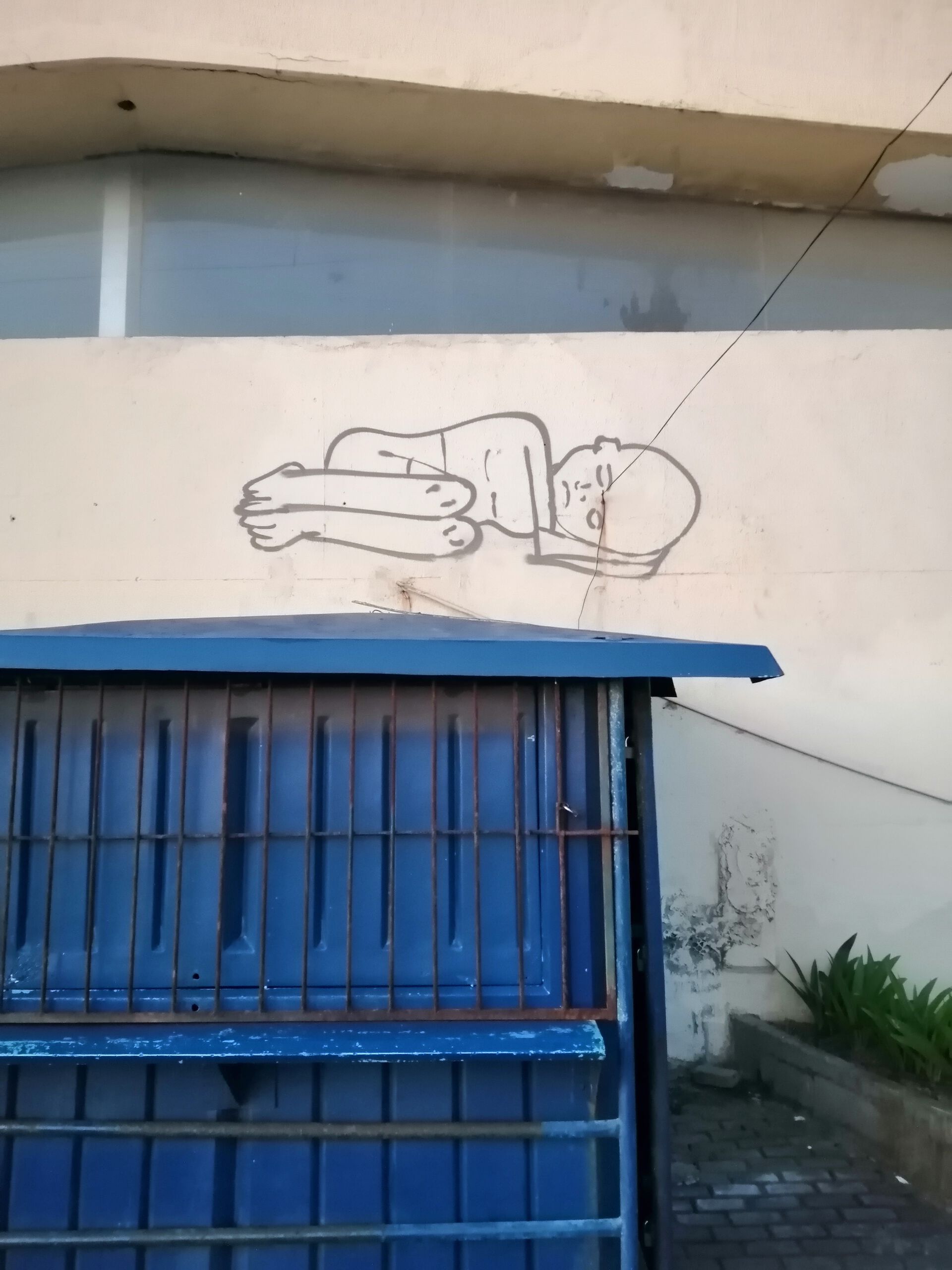
The construct of educational self explains the development of a dimension of the self during school age through the adults’ discourses about the child. This dimension of the self is then reactivated when an adult interacts within an educational context. The construction of the educational self is a dialogical process, taking place during childhood and adolescence. When young people interact with adults and peers, they experience many dialogues that provide different “as-if” possibilities, contributing to defining what a person could be in present and in future time. At school, the discourses produced by adults, such as assessment, diagnosis, etc. provide different definitions of the student’s self. The child will have to make sense of these definitions in the process of constructing her own sense of self. Sooner or later, everyone has probably used the words of her own teachers when talking about oneself as adult. Those judgements, that should be directed to the assessment of the school performance, become a judgement about the student’s self. The thesis projects about the educational self will study how the school experience and the adults’ discourses contribute to the construction of the young people’ self and how the adults (teachers, parents, etc.) activate the dimension of the educational self to make sense of their experience within the educational context.
Contact person: Luca Tateo
Epistemic injustice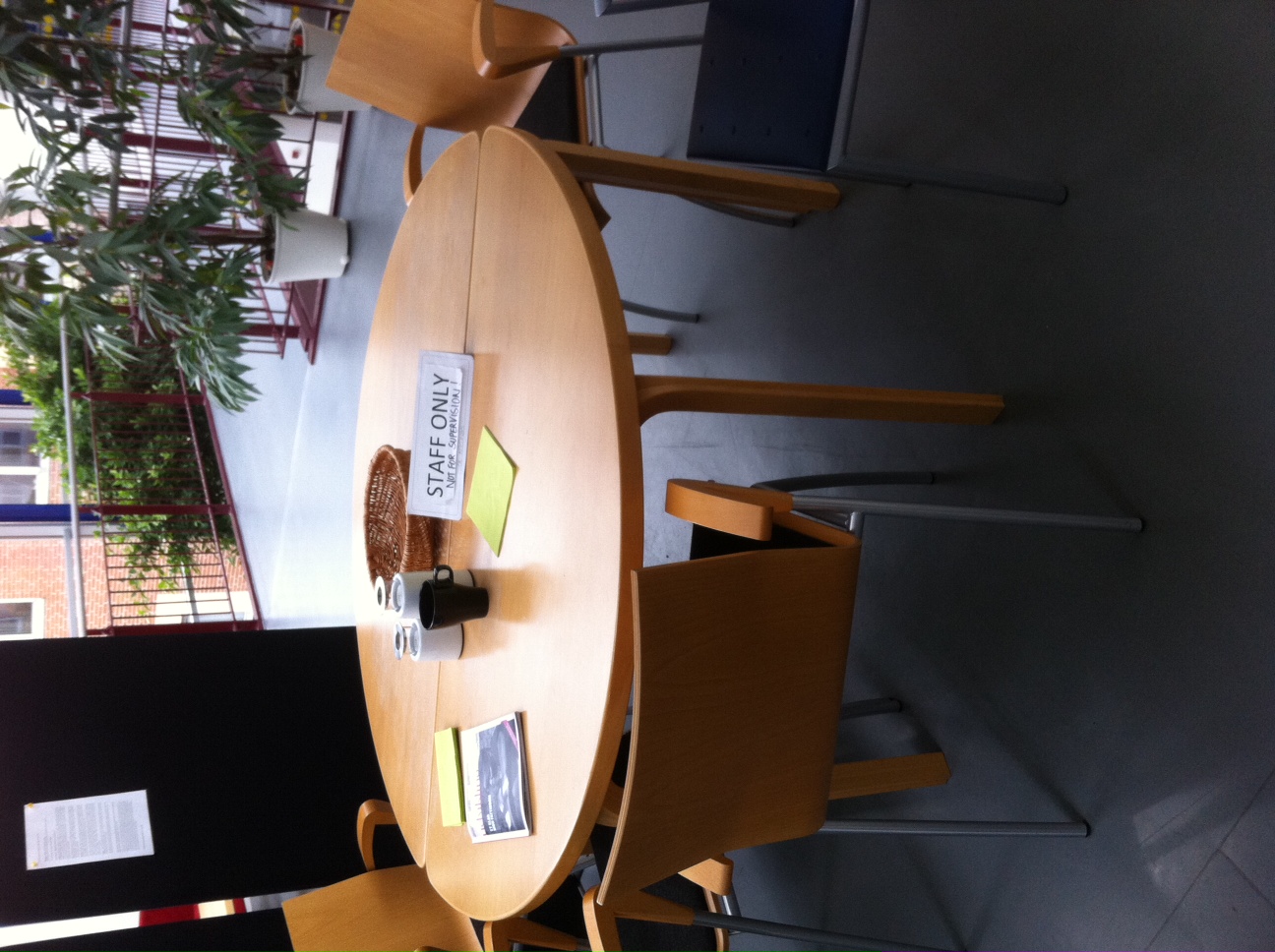
This project explores the concept of “epistemic injustice” in the field of education, with a particular focus on special needs. Miranda Fricker (2007) defines epistemic injustice as the lack of epistemic legitimization for some people on the basis of a prejudice or cultural habit. It occurs when people underestimate someone’s statements on the basis of a prejudice (e.g. women are too emotional, or children are too naïf, or person with autism do not understand emotions, etc.). Or if in some cultural contexts, there can be no categories available to interpret someone’s experience. So, the experience is overlooked or downgraded (e.g. before the emerging of the concept of “sexual harassment”, women’s unwanted sexual assaults were interpreted as “flirting”, not recognizing the negative experience of victims, or before the emerging of the concept of “hyperactivity disorder” children were just labelled as “troublemakers”, etc.). In order to build better, more inclusive, democratic, just and fair societies, we must be able to recognize the conducts, conscious or unconscious, which have unfair consequences, or harm morally and psychological persons in any kind of special conditions. Possible theses could focus on:
- Studying the concept of epistemic injustice in school teachers
- Studying school practices in relation to EI
- Studying how special needs students are recognized as epistemic subjects in school
Project homepage: Epistemic injustice
Contact person: Luca Tateo
Eye movements in reading Norwegian and English.jpg)
This is the Norwegian branch of a large international collaboration (MECO: the multi-lingual eye tracking corpus), in which researchers examine how the eyes of skilled readers move while reading, aiming to compare across languages with different properties. Each participant reads some passages in their first language and some in English. We also collect data on reading, spelling, vocabulary, motivation, and cognitive ability.
If you join this project you will be trained and supervised in using the eye tracker to collect reliable data and in administering additional tests. You will have to recruit and test students (adults) who are native speakers of Norwegian. You can choose a specific topic for your thesis using data from the entire Norwegian dataset or you can compare with data from other languages. You will study the recent research literature related to your chosen topic in more depth. You will also receive additional training and supervision on the type of statistical analysis that is appropriate for examining your question/hypothesis. You can contact the supervisor to find out more about the data that are collected and about previous theses within this project.
You can write your thesis in Norwegian or English, at your choice. This project is most relevant for students in learning difficulties, and particularly interested in skilled reading.
Contact person: Athanasios Protopapas
How does picture naming training improve reading fluency?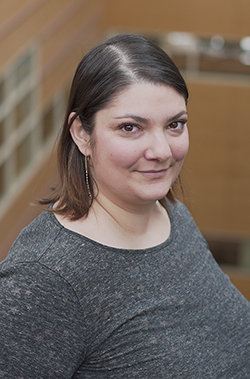
Recently, a new type of intervention was shown to be effective for reading. Instead of training directly on reading words, they trained children on naming pictures, because that might enable faster access to the meanings of the words. And it worked, children improved in reading fluency after the training.
As these results are very new, we need to replicate them and understand how naming pictures can improve reading. Naming pictures might help with accessing meanings in the mind, which could transfer to reading. But it also could be related to visual or phonological processing, or attention. This remains to be tested.
In this project you will participate in an intervention study with grade 5 children in Norwegian. Children will be trained on picture naming for 8 weeks, with two sessions per week. You will administer tests before and after training and you will participate in the training with small groups of children.
You will learn:
- How to administer, score, and interpret a range of cognitive, language, and reading tests
- How to interact with children during the intervention in order to keep them interested and motivated
- How to collect, analyze and interpret quantitative data
We offer:
- A close supervision by expert researchers and experienced clinicians
- Training, supervision and support to write a high-quality thesis
- Experience and skills with research and clinical assessment/intervention work
- Recommendation letter attesting the students’ role and achievement in the project
Contact persons:
Athanasios Protopapas
NumLit (Development of numeracy and literacy in children)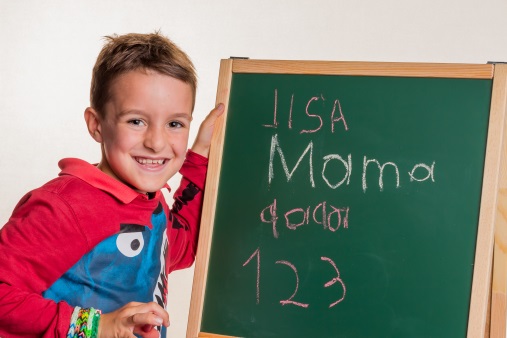
The goal of this longitudinal study is to help us understand the interrelations between numeracy and literacy and their precursor skills, aiming toward early identification and support of children with risk for learning disabilities. We follow a large number of children from Kindergarten through elementary and secondary education. Next academic year (2020-2021) we plan to assess the children as they will be attending Grade 3.
If you join this project you will learn about, and be trained in, administration, scoring, data entry and interpretation of tests assessing cognitive, language, reading, and math skills. You can choose a specific topic for your thesis using data from the current year and/or previous years, to examine concurrent or longitudinal hypotheses concerning the developmental relationships among any of these domains. You will study the recent research literature in your chosen domain in more depth and will learn about the development of these skills. You will also receive additional training and supervision on the type of multivariate statistical analysis that is appropriate for examining your question/hypothesis. You can contact the NumLit team to find out more about the specific variables that are available and about previous theses using NumLit data.
You can write your thesis in Norwegian or English, at your choice. This project is most relevant for students in learning difficulties (reading and math development) and logopedi
Project homepage: NumLit
Contact persons:
Literacy skills: Athanasios Protopapas & Vasiliki Diamanti
Numeracy skills: Tonje Amland
Social inequalities in children’s development and achievement
In the project “Socioeconomic gaps in language development and school achievement: Mechanisms of inequality and opportunity” (EQOP), we investigate causes of social inequality in children’s language development and school achievement, as well as socio-emotional development. We also examine whether early childhood education and care (barnehage) affects children’s development and improves opportunities for disadvantaged children.
- We offer supervision for students from all study programs.
- All projects will be based on existing data. We will discuss research questions, and help finding suitable data from open data sources (from Norway or internationally).
- We provide ideas for specific research questions, and related literature.
- The projects must use quantitative methods.
- We provide supervision in methods beyond what is taught in SPED4010
- Supervision can be given in Norwegian or English.
- The thesis can be written in Norwegian or English.
- We will arrange part of the supervision as a study/supervision group if a sufficient number of students sign up.
Project homepage: EQOP
Contact person: Henrik Daae Zachrisson, office 463
Validating instruments for a project investigating outcomes in adolescence for newborn children treated with therapeutic hypothermia after perinatal asphyxia
Perinatal asphyxia is the condition where a child gets too little oxygen during birth. This is a major cause of long-term disability in the Western World. Since 2007, cooling (therapeutic hypothermia) has been used as a treatment to minimize the negative effects of perinatal asphyxia.
In Norway, a group of children treated with therapeutic hypothermia due to perinatal asphyxia has been followed systematically since birth. The group of children has now become 10 to 12 years of age. A new study looking at the medical, cognitive, and mental health outcomes in adolescence is in the process of starting up. For assessing cognition, we will use standardized tests that allow us to compare the results to what is expected at their age. However, the instruments available for the assessment of mental health outcomes do not have Norwegian norms.
The purpose of the master thesis will be to validate the instruments for assessment of mental health, i.e., the Behavior Rating Inventory of Executive Function (second edition), the PedsQL and the Strength & Difficulties Questionnaire. The validation will be done in a group of typically functioning children of the same age as the participants in the treatment group. The master project will be done in cooperation with the supervisor, who is actively involved in the perinatal asphyxia-project. The candidate will be given access to relevant research literature, and trained in the administration and interpretation of the three instruments.
Contact person: Kristine Stadskleiv
How does context impact word learning in adults?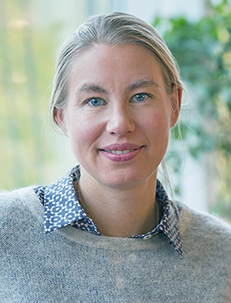
The acquisition of new words starts in the first year of life and continues through the human life span. Word learning is an activity of paramount importance, as vocabulary predicts reading comprehension and academic attainment. Older children and adults learn most of their vocabulary incidentally, inferring the meanings of new words from context. Recent studies of word learning during reading have indicated that context variability benefits learning, i.e. that a word is remembered better if it is encountered in several different texts rather than many times in the same text. However, it remains unclear to what extent contextual variability affects the acquisition of semantic (meaning) properties of the word. Some studies suggest that visual variability (seeing many slightly different objects belonging to the same class) is beneficial for learning object words, as variability in irrelevant object features may facilitate extraction of the core semantic features of an object –for example, the core features of a ‘chair’ is not its color or texture, but its shape.
On this background, the key objective of this study is to understand *why* variability in context is beneficial and to determine *what types* of variability that facilitate learning.
In the project, we focus on learning novel words that refer to novel objects, and we operationalize contextual variability as two different properties of narratives:
i) variability in irrelevant object-related information (e.g. color, texture)
ii) variability in the non-object related information (e.g. situation/location, character names, dialogue etc.)
The study will be conducted in English with adult participants and online. The participants will be asked to read stories and define novel words after each story exposure. There will be a follow-up retention test after one month. We will also collect data about participants including age, self-reported vocabulary, reading-ability, reading-habits, working memory, and feeling of reward during reading.
We will investigate several key questions:
- Does reading stories featuring high variability in irrelevant object features facilitate identification of the core semantic features of novel object words compared to stories with high variability in non-object related features?
- Does reading stories with high variability in object-related features or stories with high variability in non-object related features facilitate retention of object labels or object semantic knowledge compared to repeated exposure to the same story?
This project is of particular relevance to special needs education, because identifying the contextual features that facilitate word learning and retention could inform development of educational materials for first and second language learning.
We seek 1-2 Master’s students who would like to write a thesis in English. Possible topics for a thesis include:
- Does the level of perceived reward during learning a word from stories predict how well it is remembered?
- To what extent is learning outcome modulated by individual differences, such as age or reading habits?
Other ideas for study topics are welcome!
We offer
Co-supervision (Raphaël Fargier, Andreas Falck & Janne von Koss Torkildsen)
Development of experience and skills associated with experimental research and the possibility to effectively impact the experimental design of the study.
Contact persons:
How semantic knowledge changes across the lifespan?
Our ability to communicate with one another relies on stored semantic information about the objects and concepts that words are about. Most studies are conducted in the young adult population assuming that it provides good models of how we represent word meanings at all stages of the life. In this project, we challenge this assumption, and investigate variation of semantic representations from childhood to elderly and across individuals, as a new perspective to how we learn, store, update and share meanings of words. Identifying the semantic profiles of words at a given age could have important consequences to diagnostic and remediation of semantic disorders.
Using online experiments that will include ratings of sensorimotor and emotional experience associated to words, free association tasks, and data related to individual experience (demographics, vocabulary, domains of expertise etc.) we will investigate:
1) how semantic profiles of words change across the lifespan
2) whether sensorimotor, emotional and linguistic experience is more relevant for internal representations at a given age compared to another one (e.g. children vs. older adults)
3) to what extent semantic representations are shaped by domains of expertise
In the project you will participate to the development of online experiments, to collect age-specific norms of words in English (and possibly Norwegian) and learn how to analyze and interpret quantitative and qualitative data.
We offer
Training, supervision and support to write a high-quality thesis.
Experience and skills associated to research in the digital era (Creativity, Statistics, Critical thinking)
Contact person: